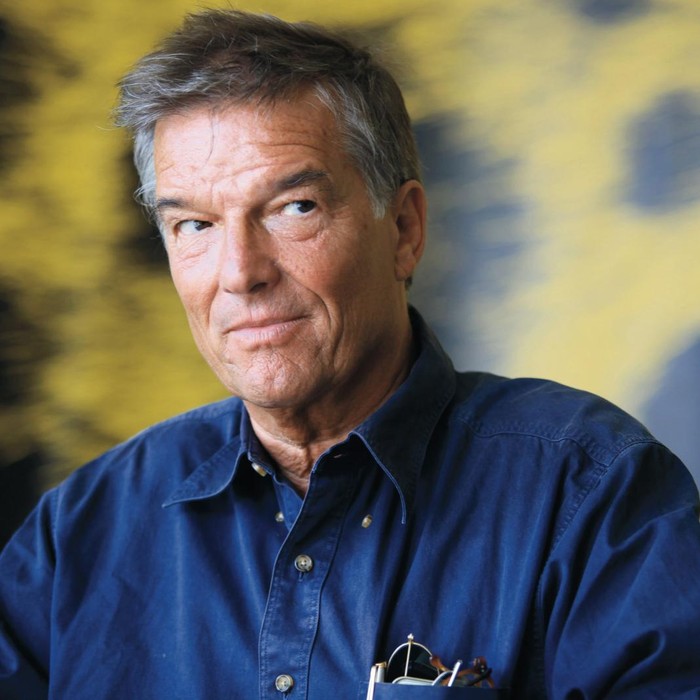
Visiting artist professor
2011 - 2012
Benoît Jacquot
Born in 1947 in Paris (France)
Benoît Jacquot's work is multifaceted, protean. Constantly shifting and redefining itself, it springs from an intact, unquenchable desire for cinema born long ago. If it adapts to each new cinematographic situation, this desire for film incorporates, transcends, and subjects it to what is, to Jacquot's mind, the preeminent question: the question of style.
Be it in terms of technique (see the use he makes of digital video in A tout de suite, 2004), narrative form (feature, documentary, filmed plays, filmed opera, TV fictions), economics of the shoot and the production (his budgets vary enormously depending on subject and cast), or the vagaries of the star system, the evolution of Benoît Jacquot's cinema is totally flexible, as if the filmmaker is travelling at different speeds down any number of different roads at the same time.
In this manner, Jacquot has become one of the most prolific directors in French cinema. This ability to adapt, to bend his desire to make film to the most open forms, is essential to understanding his career. And yet, despite this, Jacquot remains, if not on a marginal, then a least an independent filmmaker, one who has managed not to be absorbed into the system that sanctions his activity.
Jacquot doesn't replicate formulae. Instead, eschewing confrontation, he takes on the form of whatever the variable system provides, since this vouchsafes him a kind of autonomy. This bulimia, this facility to transform his desire for filmmaking into whatever is required, is undeniably a major plus. No matter what happens, there will always be enough movies, enough filmed documents, of every type, to constitute a body of work.
Within what is large corpus (some fifty films), literary adaptations rub shoulders with original screenplays, contemporary movies mix with costume dramas, and documentaries (on artists such as Merce Cunningham or Robert Motherwell, and writers such as Marguerite Duras, Louis-René des Forêts, J. D. Salinger) cohabit with fiction films.
This strategy is not really the result of some calculation or premeditated decision, but rather a principle that affirms the primacy of experience. Every film, as it is realized, carries with it its unknown aspects, its mysteries and risks, constituting, in the form it eventually takes, a moment of filmmaking. The keyword in talking about Benoît Jacquot's movie-making is surely directing: an exercise that consists in placing the actors, the characters, in space-time and in finding the right speed; in making reality, in the form chosen to present it, appear as completely as possible as a cinematographic recording. This still remains the best definition of a filmmaker.
(...)
Serge Toubiana

